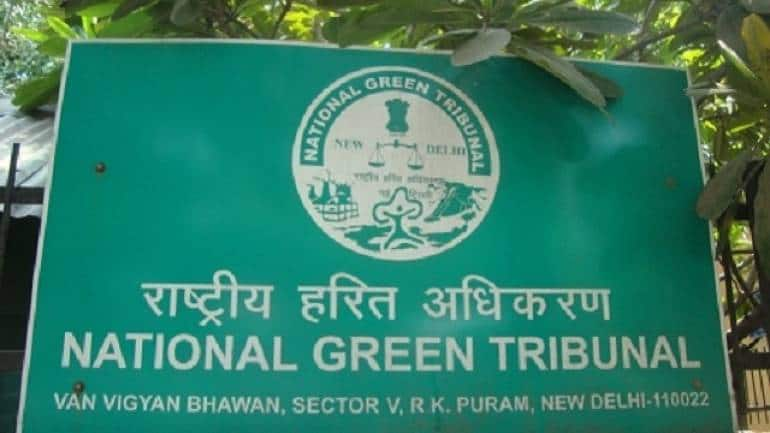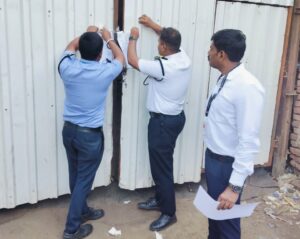National Green Tribunal instructs nine states to reassess their strategies to combat air pollution

NGT West Zone to hear citizens' plea against PMC's indiscriminate tree-felling spree on Monday
By: Pune Pulse
November 18, 2023
Pune: The National Green Tribunal (NGT) has instructed nine states to reassess their strategies in dealing with air pollution and devise effective measures to enhance the air quality in their respective cities.
As per the information provided, these states comprise Delhi, Haryana, Punjab, Rajasthan, Uttar Pradesh, Madhya Pradesh, Maharashtra, Bihar and Jharkhand. The tribunal highlighted that an evaluation of the Air Quality Index (AQI) of different cities in India between November 3 and 10 revealed a deficiency in the efforts made by the responsible authorities to achieve the desired improvement in air quality.
On November 3, the National Green Tribunal (NGT) directed the chief secretaries of Delhi, Haryana, Punjab, Rajasthan, Uttar Pradesh, Madhya Pradesh, and Maharashtra to expeditiously implement measures to control air pollution and provide a report on the progress made by November 10. The states have complied with this directive and submitted their respective reports.
However, despite the passage of almost a week, there has been no significant improvement in the air quality of the cities under consideration. In fact, in certain cities, the air quality has either remained stagnant or deteriorated further. The NGT expressed its concern regarding this matter. In its order issued on November 10, which was made public on Friday, the NGT instructed two additional states, in addition to the previous seven, to submit a report on the actions taken by November 22.
The relevant authorities must give serious consideration to the issue at hand, as a decline in air quality has a significant negative impact on the health of the general public, particularly infants and the elderly. Consequently, we instruct all the chief secretaries of the states where the Air Quality Index (AQI) of cities has reached or remains at ‘severe’, ‘very poor’, and ‘poor’ levels to promptly implement all necessary remedial measures to improve the air quality in those cities.
As per the information received, the tribunal noted that the reports submitted by the seven states primarily focused on long-term plans for controlling air pollution, and it expressed dissatisfaction with the fact that the directive to take immediate remedial action had not been fully complied with. Therefore, the concerned state authorities and chief secretaries are required to reassess their approach and devise appropriate measures to enhance the air quality in these cities. This may involve identifying a major source of pollution that significantly contributes to the deterioration of air quality and taking immediate steps to control it.
In recent weeks, the air quality in Delhi-NCR has been fluctuating between the ‘very poor’ and ‘severe’ categories, with Greater Noida and Delhi reaching the ‘severe-plus’ levels due to unfavourable wind conditions, particularly calm winds during the night. On November 8, the central government’s pollution control panel implemented stage 4 of the Graded Response Action Plan (GRAP) in the area, which mandates that all emergency measures, including a ban on polluting trucks, commercial four-wheelers, and all types of construction, be initiated and enforced if the AQI exceeds 450.







